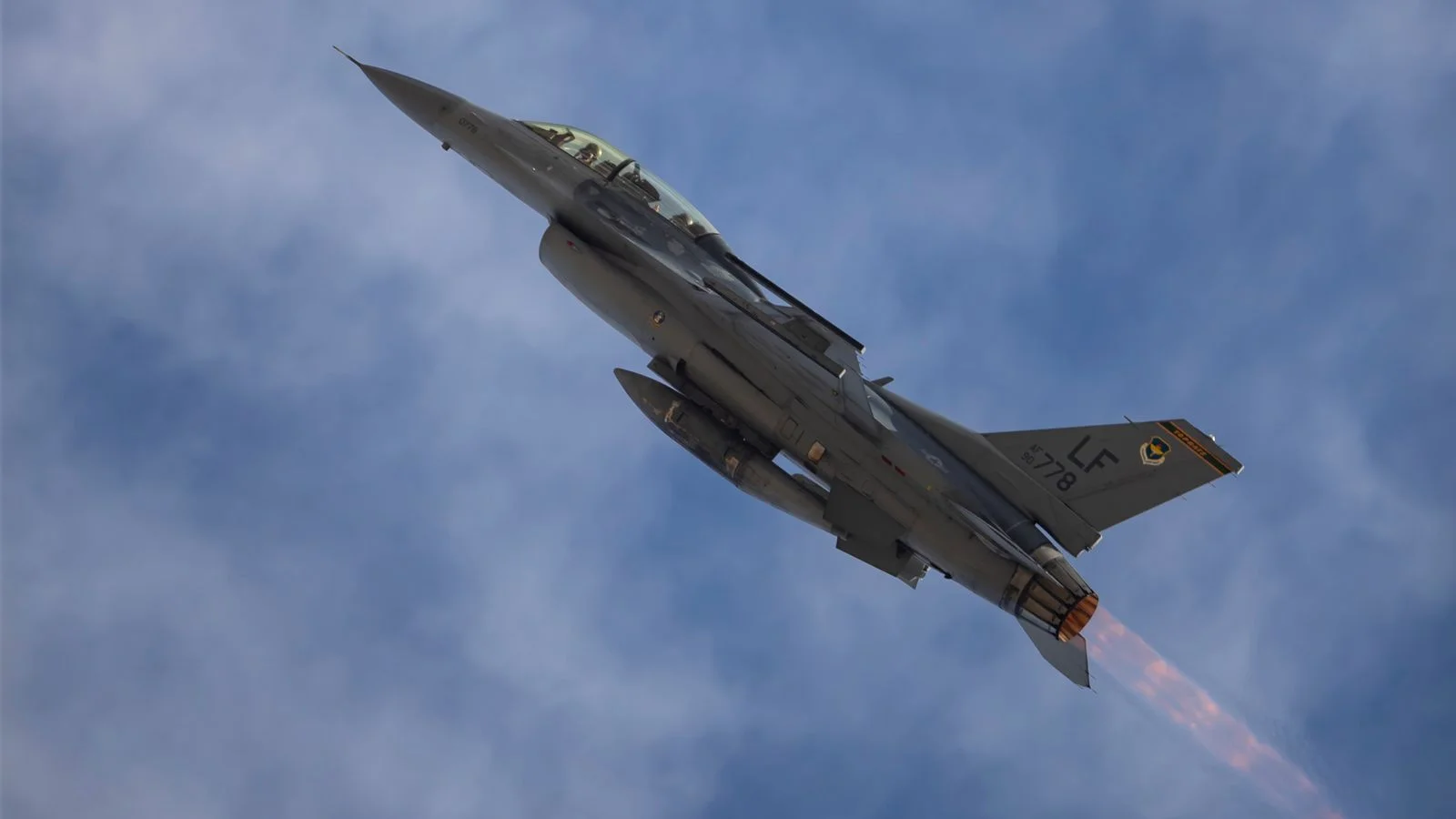An unidentified flying object sparks Security concerns as China mobilizes to take down an object near a strategic Naval base in Qingdao
China to shoot down unauthorized object flying over waters near the port city of Qingdao, which is home to a major naval base for the People’s Liberation Army, Chinese news outlet The Paper reported.
An employee at the marine development authority of Qingdao’s Jimo district said “relevant authorities” in China to shoot down unauthorized object, the report said. The employee was not informed about what the object was.
The Jianggezhuang Naval Base, situated 15 miles east of Qingdao, hosts ballistic and nuclear attack submarines along with China’s Liaoning aircraft carrier. It is the command headquarters of the country’s North Sea Fleet.
This month, the US and Canada brought down three high-altitude airborne objects. Washington stated one was deliberately sent by China for surveillance.. Beijing countered that it was a harmless weather-monitoring device that blew off course.
“On February 5, China’s Defense Ministry spokesperson Tan Kefei stated that China reserves the right to use necessary means to deal with similar situations.”
On On Sunday, the White House said it’s too early to characterize the two objects shot down by US jets. The objects were shot down on Friday over Alaska and on Saturday over Canada.
— With assistance by Chi Yui Siu and Jacob Gu
Original Source: Bloomberg


![Afghan men search for victims after a Pakistani air strike hit a residential area in the Girdi Kas village, Nangarhar province on February 22, 2026. [Aimal Zahir/AFP/Getty Images]](https://southasiatimes.org/wp-content/uploads/2026/02/gettyimages-2262391441.webp)



